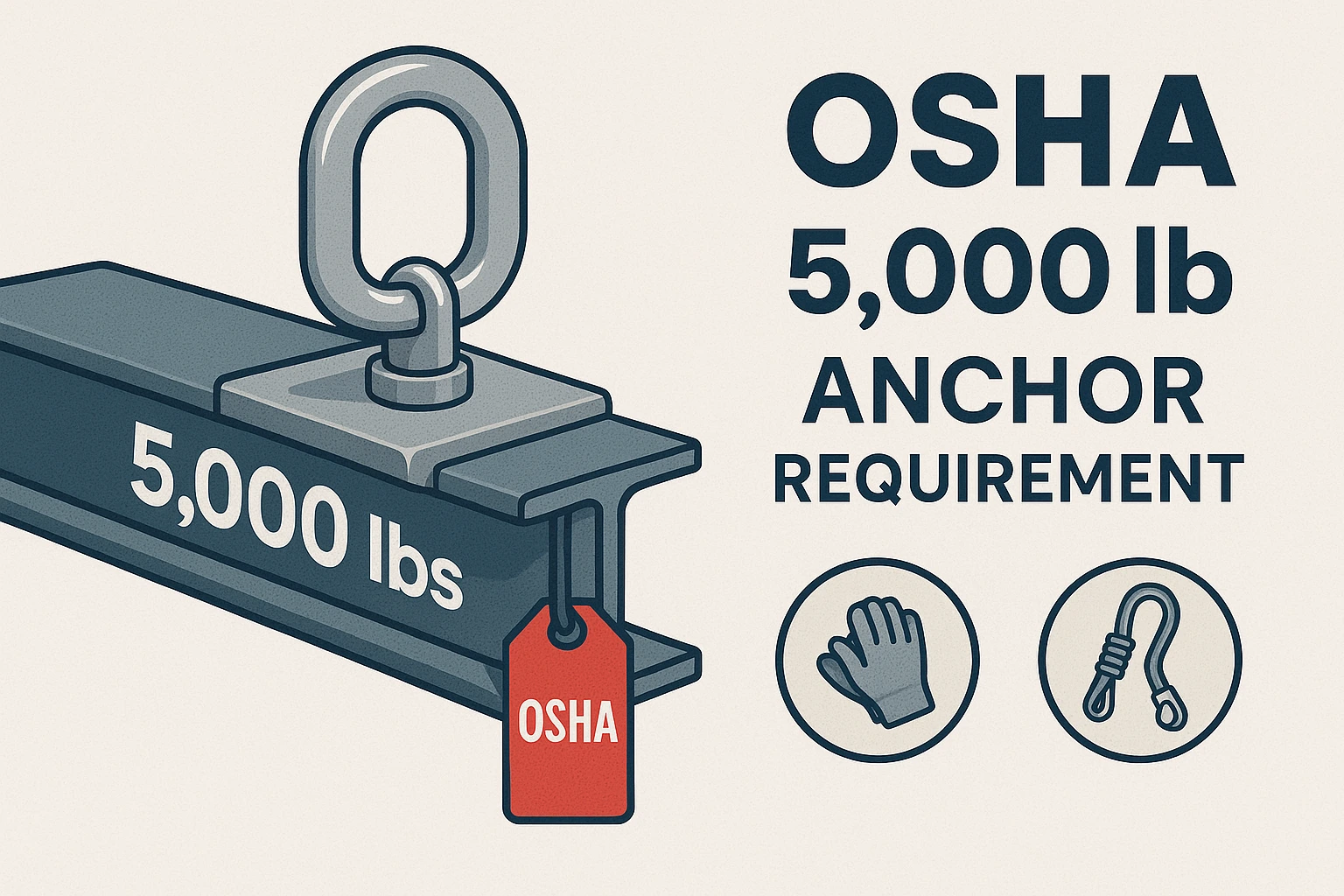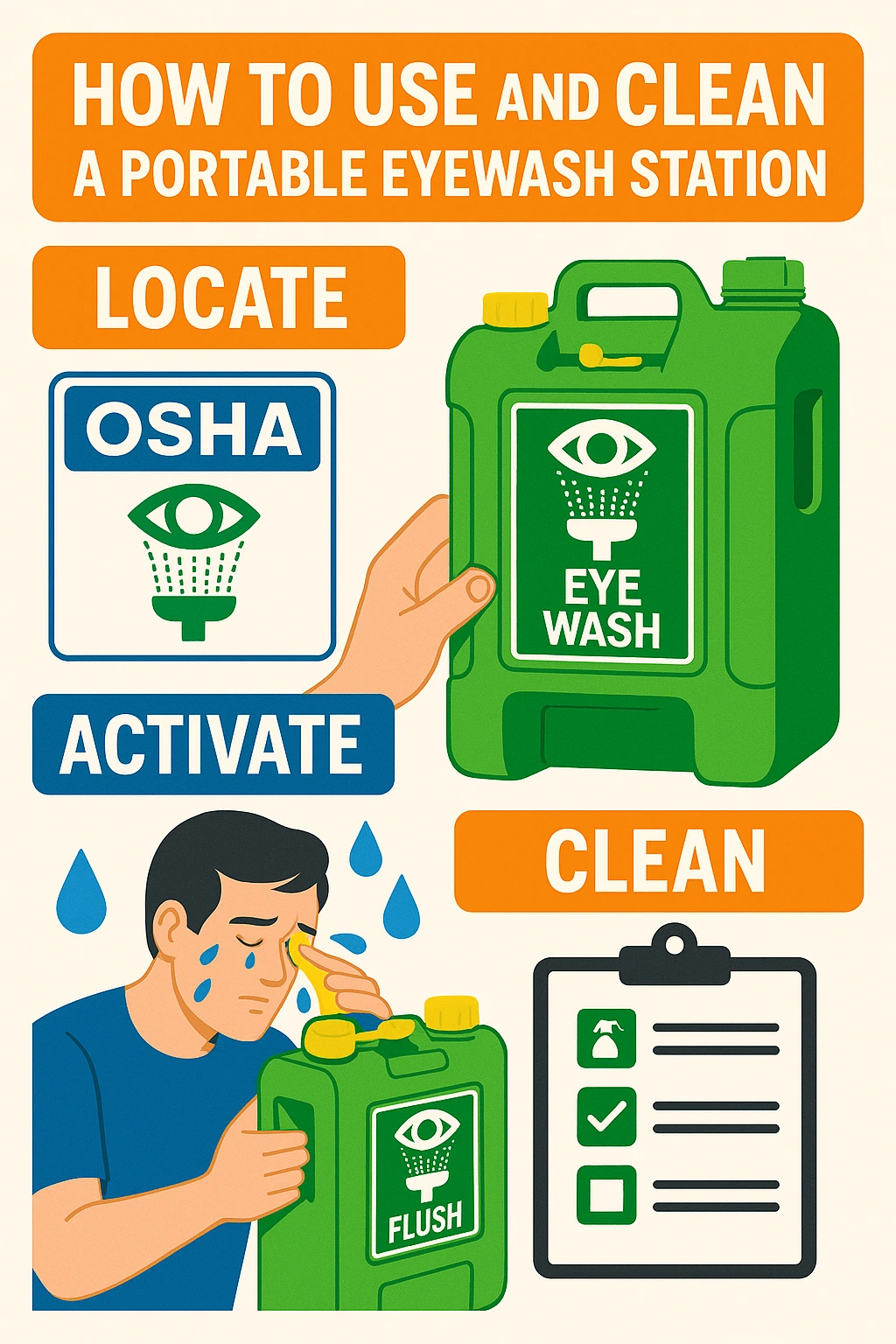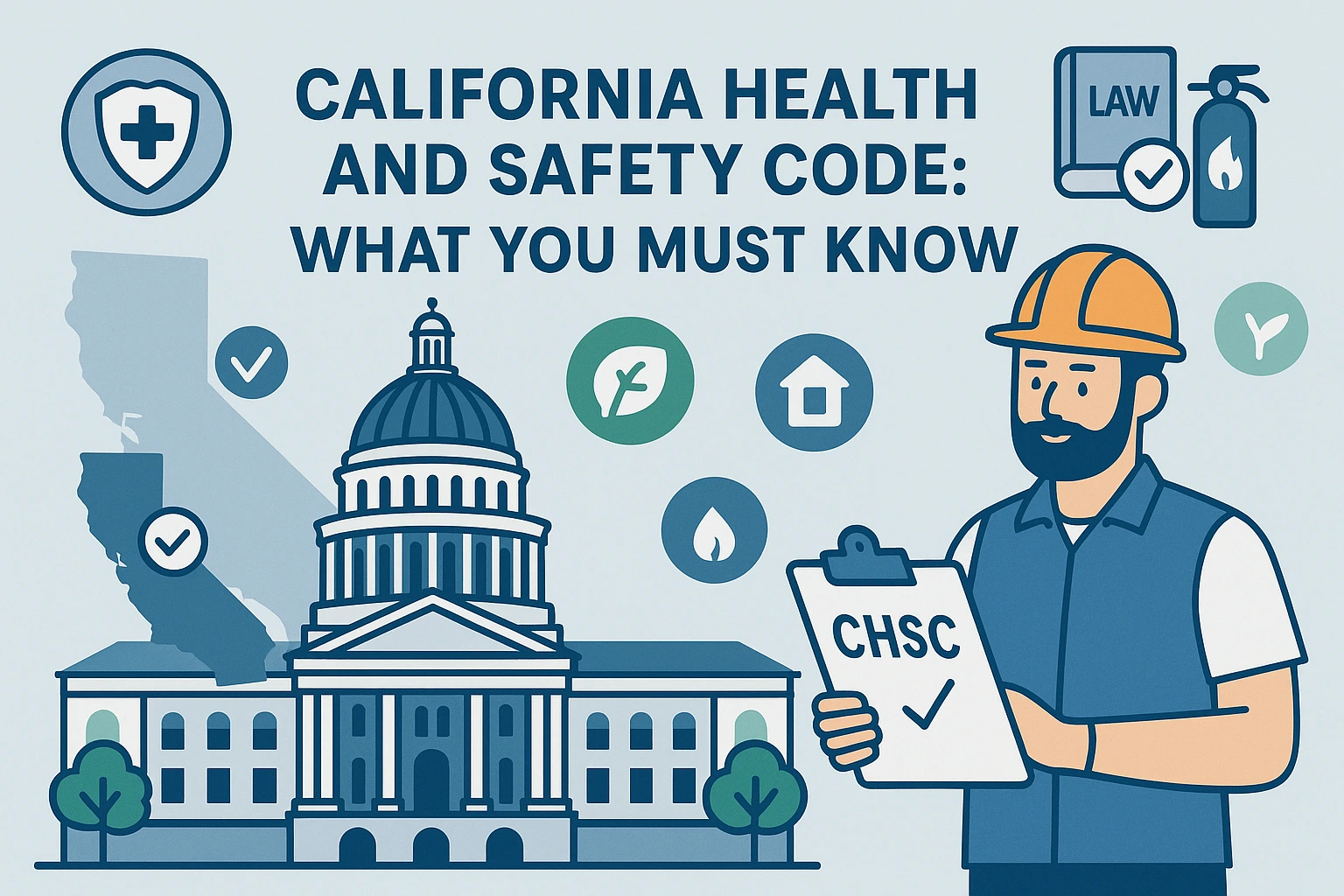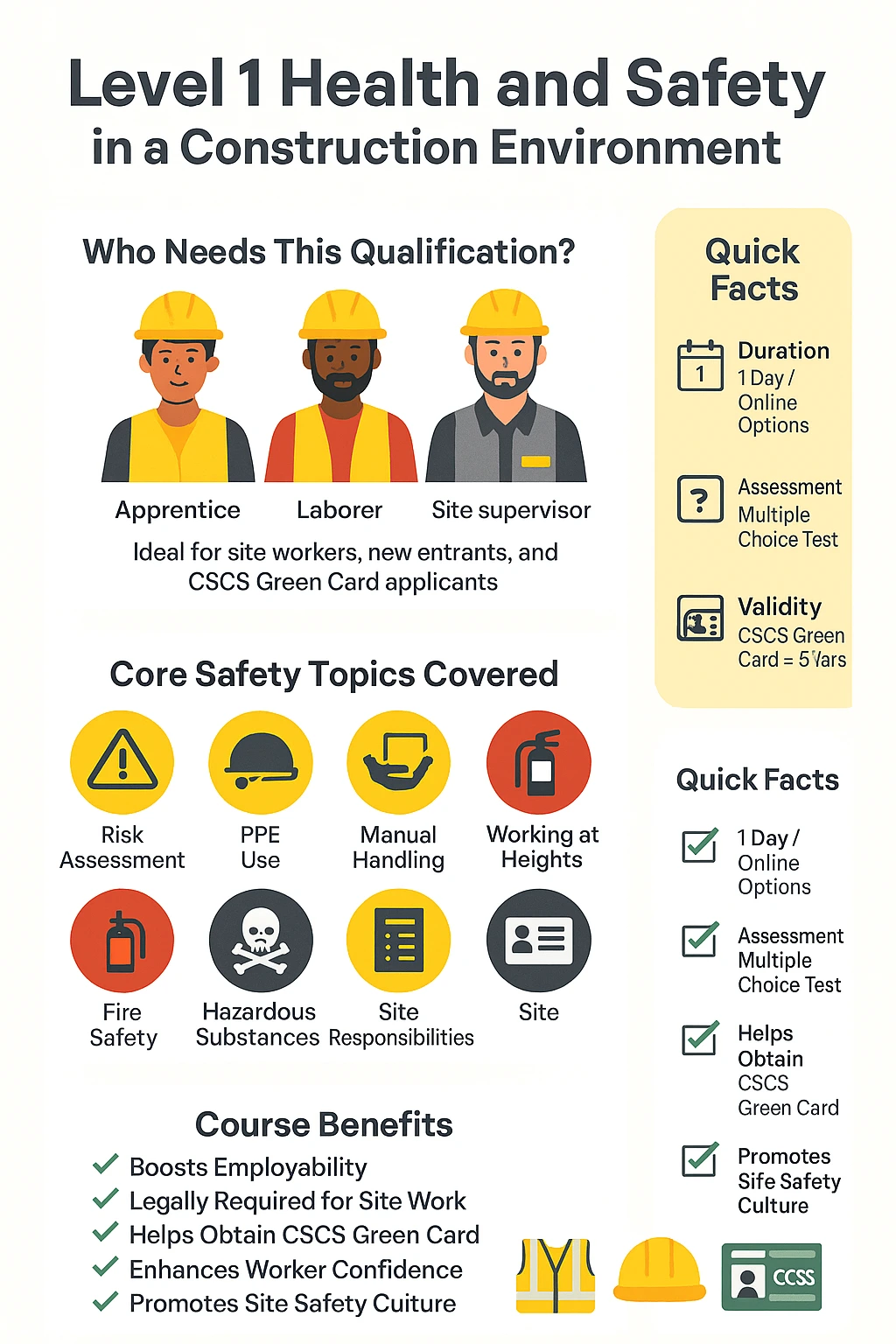Health Safety and Environment Coordinator: Role, Responsibilities, and Impact

The role of a Health Safety and Environment (HSE) Coordinator is integral in ensuring safe, compliant, and sustainable workplace environments. Organizations across industries increasingly rely on HSE Coordinators to uphold legal obligations, mitigate risks, and foster a culture of safety and environmental responsibility.
What Does a Health Safety and Environment Coordinator Do?
HSE Coordinators develop, implement, and monitor occupational health, safety, and environmental programs. They are responsible for:
- Identifying potential hazards and conducting risk assessments
- Creating and delivering safety training programs
- Ensuring compliance with OSHA and other regulatory bodies
- Investigating incidents and near misses
- Maintaining safety documentation and reporting procedures

Core Responsibilities of an HSE Coordinator
- Policy Development: Draft and revise health and safety policies.
- Training and Communication: Conduct toolbox talks, safety briefings, and awareness sessions.
- Monitoring and Reporting: Track compliance and safety performance metrics.
- Incident Response: Lead investigations and root cause analysis.
- Regulatory Compliance: Liaise with governmental agencies for audits and inspections.
Qualifications and Skills Required
Successful HSE Coordinators typically possess:
- Bachelor’s degree in occupational safety, environmental science, or related field
- Certifications like NEBOSH, OSHA 30/40, or ISO 45001 auditor
- Strong knowledge of regulatory frameworks
- Analytical and problem-solving skills
- Effective communication and training ability
Industries Hiring HSE Coordinators
HSE Coordinators are in demand in a wide array of industries:
- Construction
- Oil and Gas
- Manufacturing
- Healthcare
- Mining
- Transportation and Logistics
How HSE Coordinators Impact Business Success
An effective HSE program led by a competent coordinator results in:
- Reduced incident and injury rates
- Improved employee morale and retention
- Cost savings from fewer legal claims and insurance premiums
- Enhanced brand reputation and stakeholder trust
Digital Tools for HSE Coordinators
Modern HSE Coordinators utilize technology to enhance efficiency:
- HSE management software (e.g., SafetyCulture, Intelex)
- Incident tracking apps
- Digital audit tools
- Wearable tech for worker safety monitoring

Challenges Faced by HSE Coordinators
Common hurdles include:
- Resistance to safety culture changes
- Limited budget or support from leadership
- Keeping up with evolving compliance regulations
- High employee turnover affecting training continuity
Career Progression and Opportunities
HSE Coordinators can advance to roles such as:
- HSE Manager
- Risk and Compliance Officer
- Corporate Safety Director
- Environmental Health Consultant
As organizations prioritize workplace well-being and environmental stewardship, the role of an HSE Coordinator becomes ever more crucial. With the right mix of technical expertise, communication skills, and regulatory knowledge, these professionals safeguard both human lives and business interests.
Managed by the LinkedIn HSE Professionals Page, this platform supports safety officers, auditors, and managers worldwide. With a network of 340,000+ professionals, we deliver expertly crafted HSE templates, checklists, and tools to help organizations meet OSHA, ISO, and GCC safety standards.











